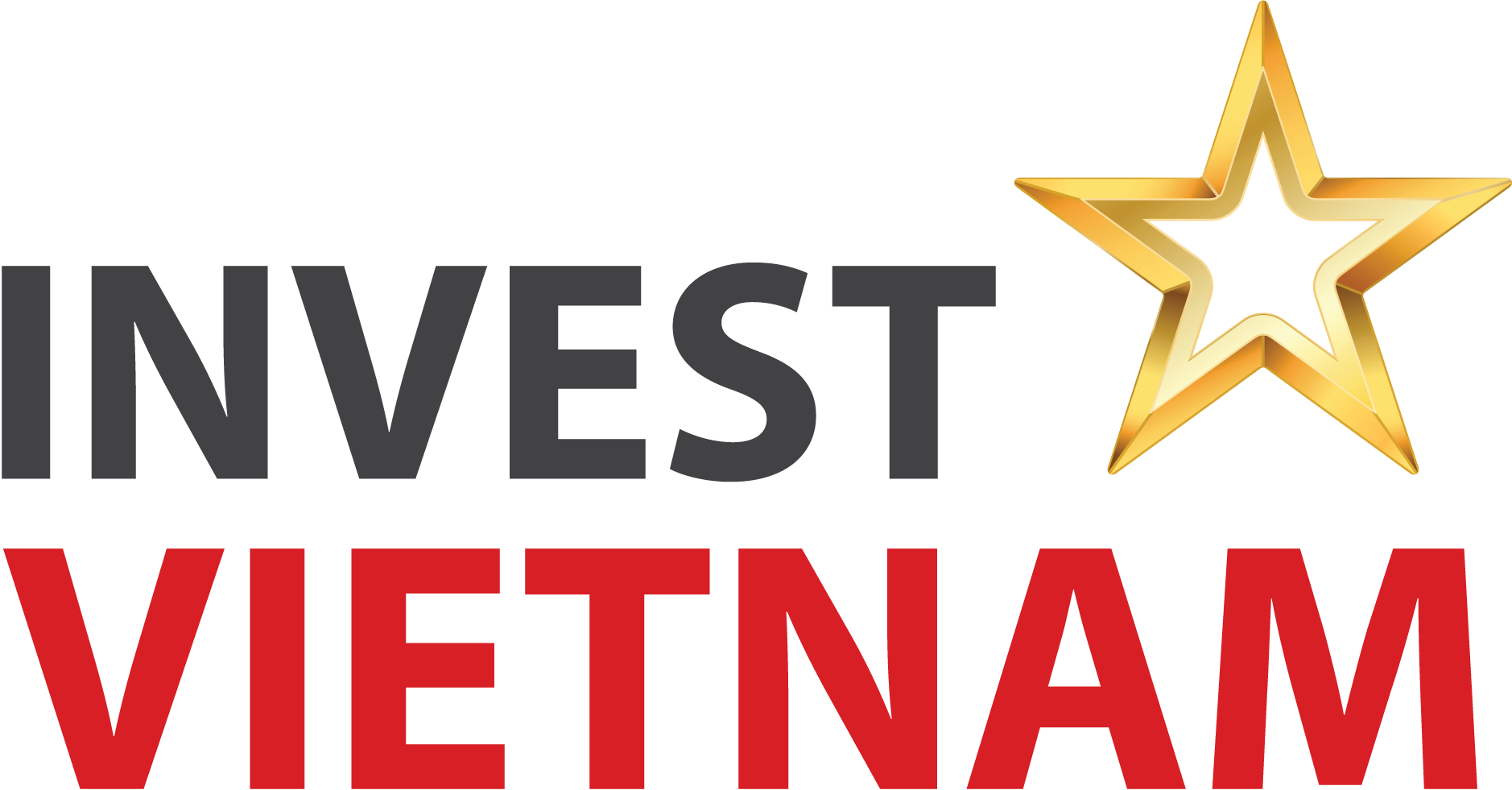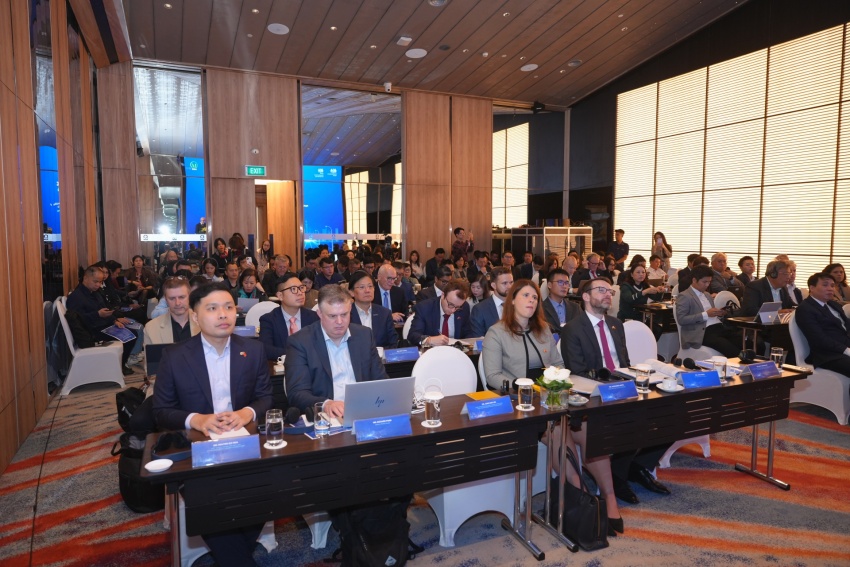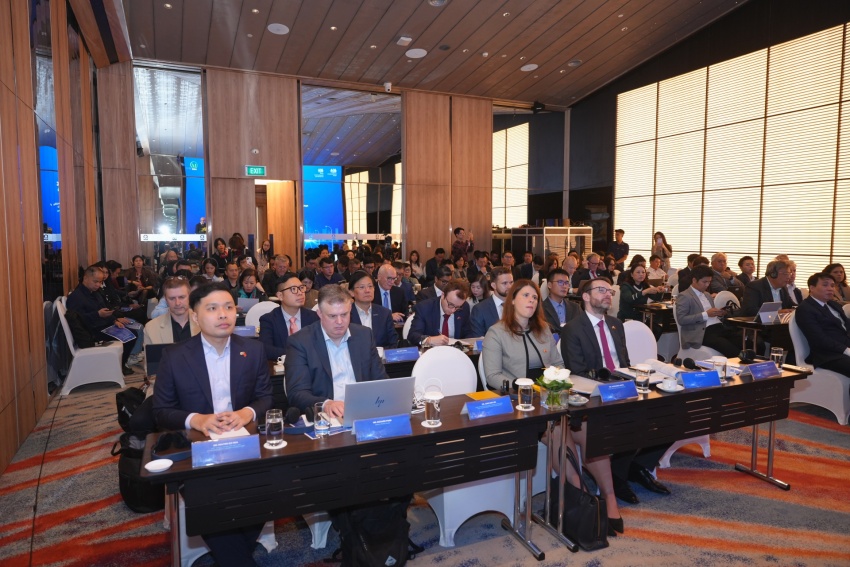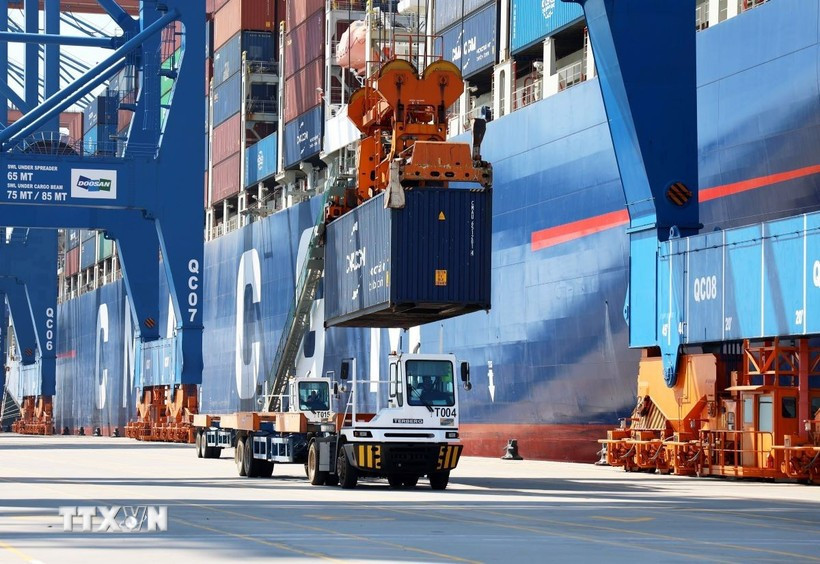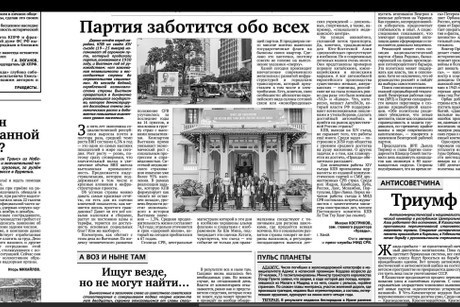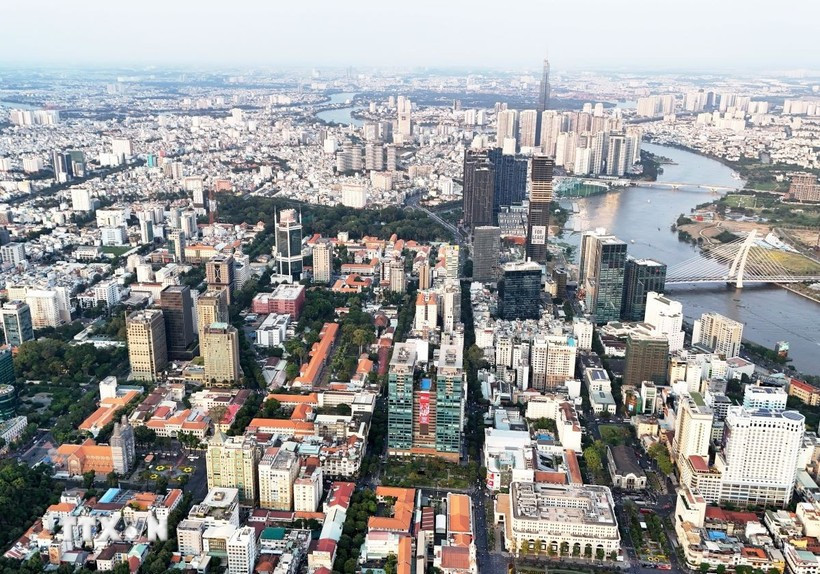Action plan to give logistics a boost
Vietnam Logistics Forum 2022 hears of five-year plan to improve the country logistics sector.
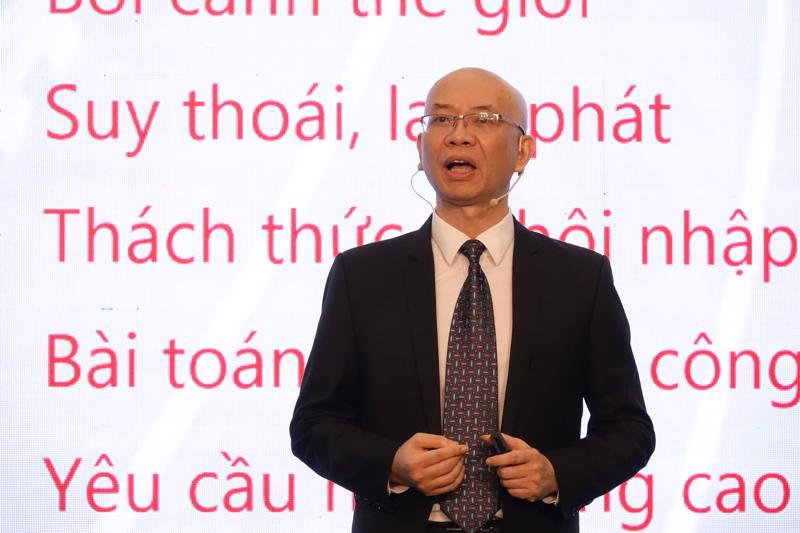
Mr. Tran Thanh Hai, Deputy Director of the Import and Export Department at the Ministry of Industry and Trade (MoIT), made a presentation to the Vietnam Logistics Forum 2022 on November 26 regarding the five-year action plan to improve Vietnam’s logistics industry to 2025 under Decision No. 200/QD-TTg.
Positive results
Decision No. 200 approves the action plan to improve competitiveness and develop Vietnam’s logistics services by 2025 and has six main pillars: perfecting legal policies on logistics services; completing infrastructure; improving service quality at enterprises; developing and expanding markets; raising awareness; and training human resources.
Regarding logistics infrastructure, work on roads, railways, waterways, and airways have seen solid development over recent times.
Mr. Hai gave the example of the expressway network reaching out to all major economic centers. Ocean shipping is also being promoted and Vietnam has appeared in rankings of major container ports around the world.
Regarding the capacity of enterprises and service quality, in the past five years, the number of logistics service enterprises, such as transport and warehousing providers, has increased significantly. In 2017, the country had about 37,000 such businesses, and this increased to more than 43,000 by 2021. According to Mr. Hai, one prominent feature is that up to 95 per cent of Vietnam’s logistics enterprises are of small and medium-size.
The Agility Emerging Market Logistics Index 2022 report from Agility shows that Vietnam’s logistics market ranks 11th out of 50 emerging markets globally.
“However, enterprises also have many weaknesses and limitations in terms of capital, human resources, and especially a lack of experience in international trade activities and international logistics activities,” Mr. Hai said.
Moving ahead
On the positive side, the domestic economy is recovering well after two years of pandemic, and trade growth is still quite high at 14-16 per cent. Integration is also in Vietnam’s favor, as the country continues to join new free trade agreements, creating a regular supply of goods for logistics service businesses to handle.
“The integration process itself also poses challenges, including the challenge of competing equally with foreign enterprises in our own market,” Mr. Hai pointed out. The problem of human resources, technology, and digital transformation at logistics enterprises is also a hot topic and presents many challenges.
He made a series of recommendations, such as continuing to improve State management, following the market mechanism for economic development; developing a strategy for boosting logistics services; and continuing to promote logistics infrastructure, especially to attract domestic investment.
“Most of our logistics businesses are small, but small does not mean weak, and solidarity is a factor that helps improve the internal resources of businesses,” he emphasized.
He added that MoIT and other ministries, sectors, localities, and business associations will join hands to bring opportunities to reality, turning the logistics sector into an essential service and making a worthy contribution to the development of Vietnam’s economy.
Nguyen Tuyen
Source: VnEconomy
Original link